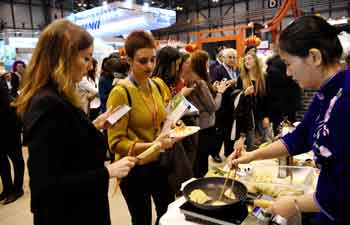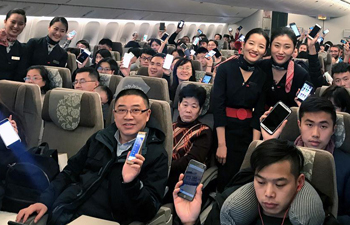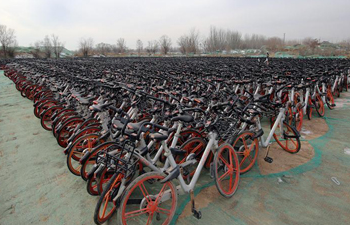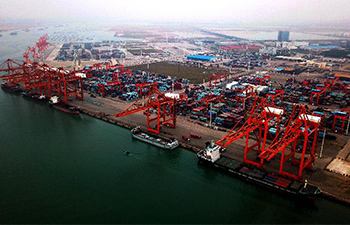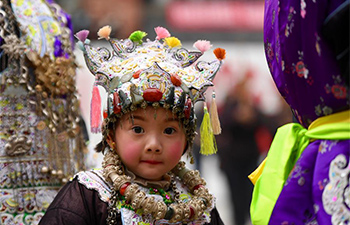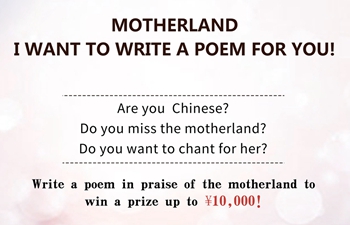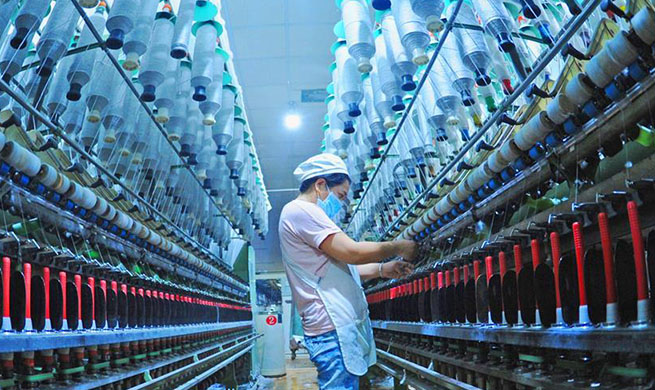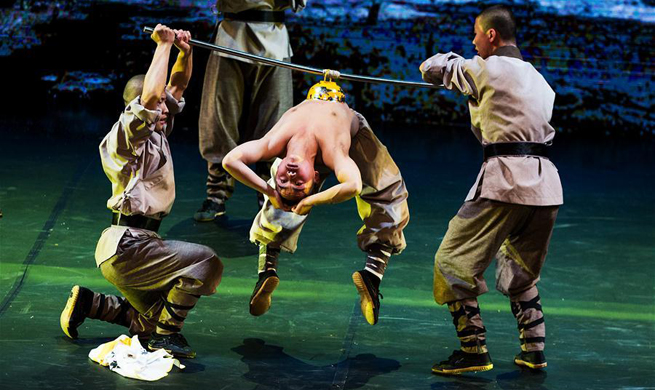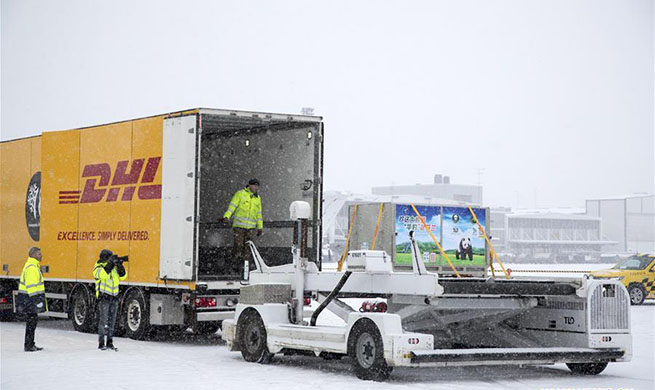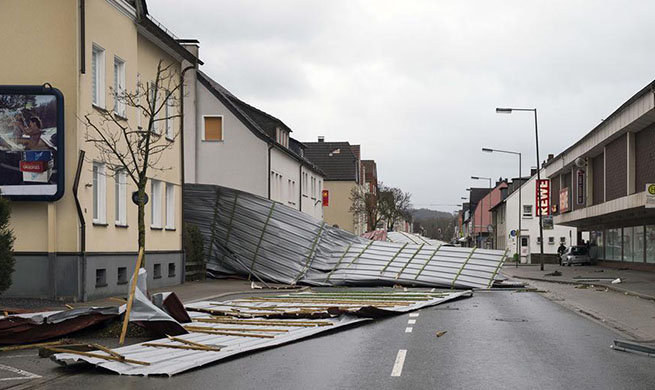HAVANA, Jan. 18 (Xinhua) -- Yolanda Medina, a famous cigar rolling master, has just returned from another trip to China, where she displayed her cigar rolling skills for aficionados of premium Cuban cigars in Beijing and Shanghai.
Each year since 2000, Medina, who is one of Cuba's foremost women cigar rollers, spends up to three months in China promoting cigars for Habanos, the joint venture between state-owned Cubatabaco and Altadis, a French subsidiary of British multinational Imperial Tobacco.
When not in China, Medina rolls cigars at the Casa del Habano cigar shop which showcases premium cigars at the Melia Habana, an upscale hotel in the Cuban capital of Havana.
Considered as one of world's master female cigar rollers, Medina found her calling almost by chance. She was a trained nurse, but when she was given an opportunity to take cigar-rolling classes some 50 years ago, she took the road and never looked back.
Vilma Espin, the late wife of Cuban President Raul Castro, opened a trade school in 1967 to teach women how to roll cigars, a craft that was until then reserved exclusively for men.
"It wasn't my intention to stick with the course because I had graduated as a nursing assistant. But I didn't like that job and my mother told me to either work or go back to school," said Medina.
"I was given the chance to enter the (cigar rolling) school (and) I did it to try something different, but without any great expectations," she said.
After nine months of training, Medina was assigned to the famous H. Upmann cigar factory. She never imagined that a few years later she would be managing the facility.
"I fell in love with the profession so much. In 1974, I became the first Cuban to go abroad, to France, to demonstrate the world of Habano cigars," she said with pride.
During her successful career, she has managed not only the H. Upmann factory, but also other factories making Partagas and Romeo y Julieta brands.
For 27 years, Medina oversaw the factories while perfecting her rolling skills. Eventually she was able to roll 300 "Gran Corona" cigars in a single day.
The "Gran Corona" is Cuba's second longest cigar, which was nearly 19 centimeters long and was surpassed only by the 22-cm "Diadema."
However, she says the most difficult cigars to make are the so-called "figurados" that have two rounded ends, instead of just one.
One of Medina's career highlights came in 1984, when she entered the Guinness Book of World Records after rolling the longest smokable cigar in history, measuring 1.26 meters in length, in the German city of Stuttgart.
Some two decades later, in 2016, she outdid herself by rolling a two-meter-long cigar as part of the celebrations marking the 90th birthday of the revolutionary leader and former Cuban President Fidel Castro.
No matter what the size, cigar manufacturing involves a rigorous process that begins in the plantations and ends with the sealing of the Habanos boxes. In between, the tobacco also undergoes an elaborate process of curing, fermenting, aging and selection.
Cigar rollers play a key role in skillfully cutting, wrapping and rolling the tobacco leaves into a premium cigar.
"Not everyone can be a good roller, because you have to have a lot of dexterity in your hands. That is crucial," says Medina.
Today a high percentage of cigar rollers are women, after having been given a chance in 1967 to prove their worth to one of Cuba's strategic industries.




